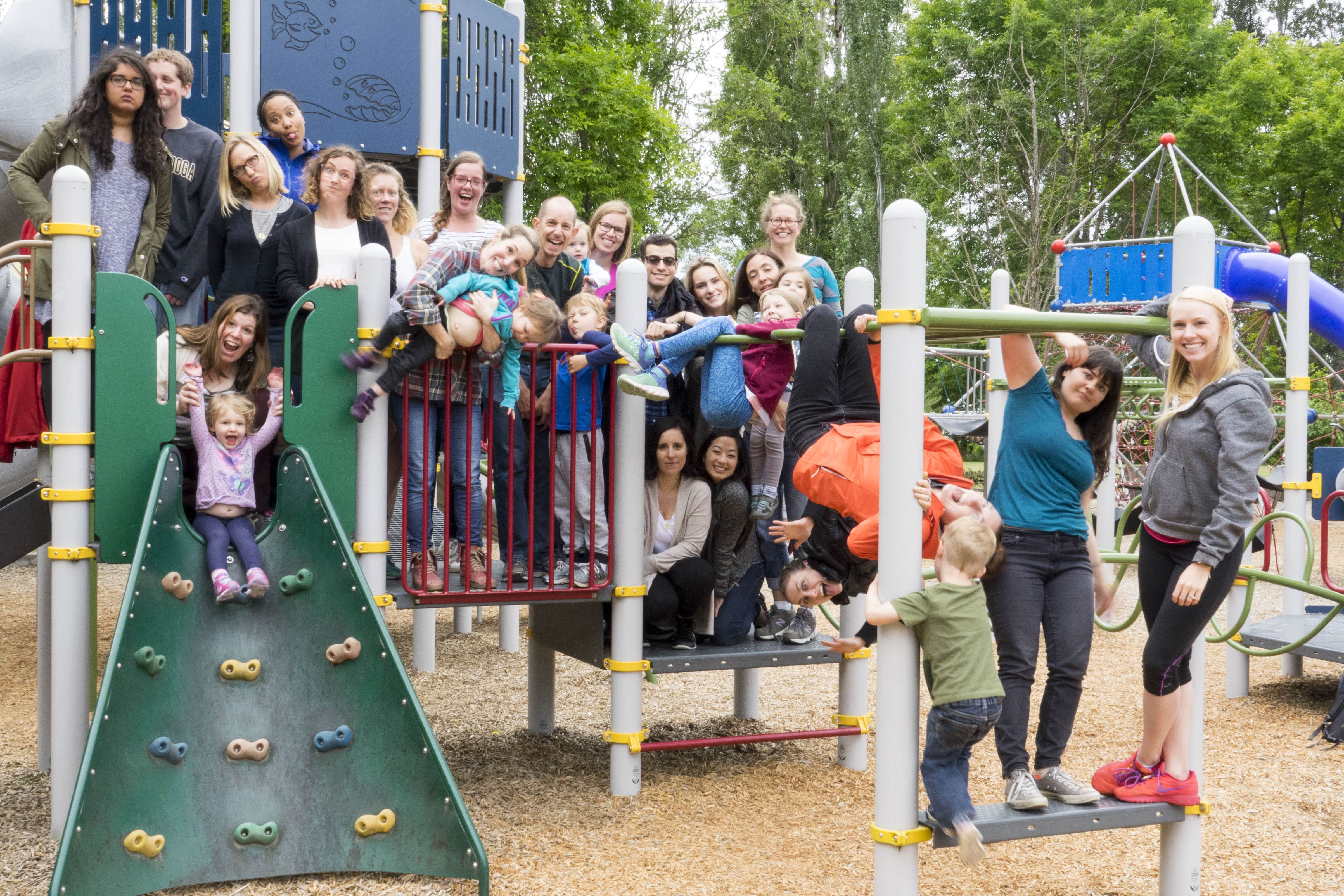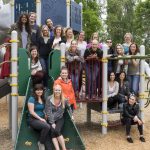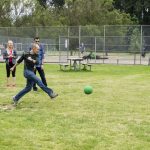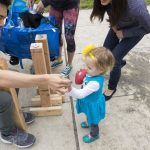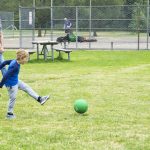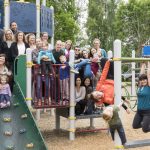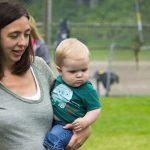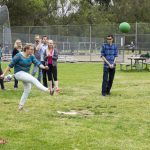Click for the PDF of the Webinar: spark_snapshot_report1
Hello SPARK Community Partners!
See below for information about registering for SPARK’s August webinar featuring Jennifer Krumins, M.Ed. During this webinar, Ms. Krumins will discuss how parents can take an active role in their child’s educational planning and she will answer questions such as:
What is IDEA, and why should you care?
Why is an IEP essential?
Why are you a critical component of the child’s IEP?
Who else is a critical part of the team?
How can you, the parent, build an IEP?
What do you need to know to be an effective team member?
Ms. Krumins is the founder/owner of Autism Aspirations and Autism Aspirations Academy. Prior to starting her own business, she taught in schools for 26 years in Ontario, Canada. She is a passionate international speaker, educator, Certified Leadership Coach, and author. Her Master of Education degree is in applied psychology, and she has studied special education and autism extensively throughout her career.
As a reminder, these monthly webinars are free to families who are registered with SPARK, and are also free for our Community Partners.
SPARK Webinar: Creating Meaningful Individual Education Plans (IEPs): What Parents Need to Know
Jennifer Krumins, M.Ed.
Wednesday, August 16, 2017
9-10am PST
Click here to register.
Finally, I have also attached the recently-released SPARK Snapshot Report, which describes the current SPARK cohort!
Please do not hesitate to contact me with questions about the webinar or about SPARK. I can be reached at 206-987-7917 or by email at emily.fox@seattlechildrens.org.
